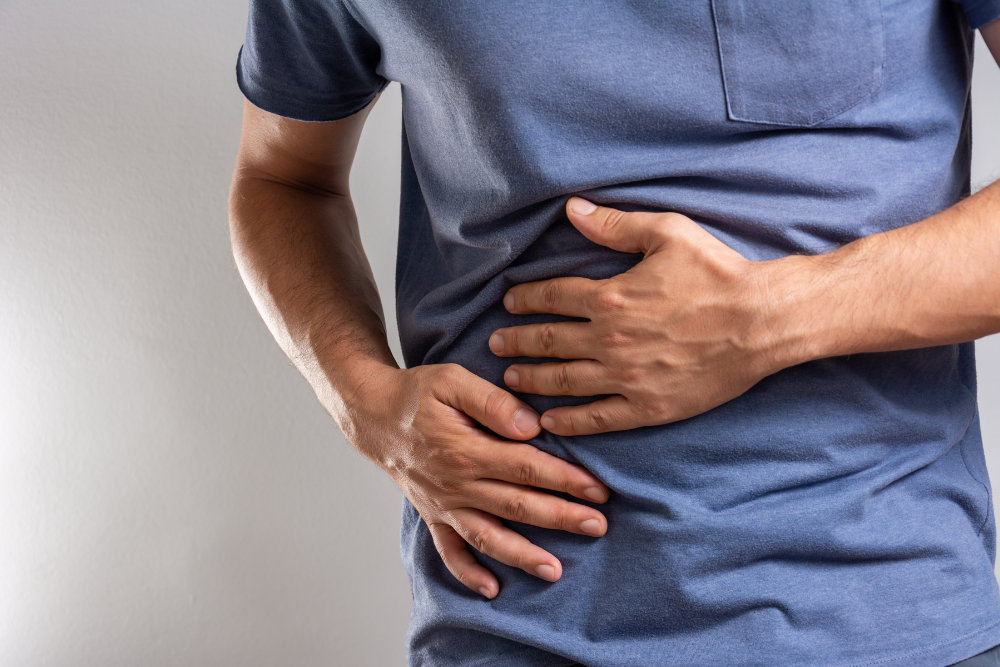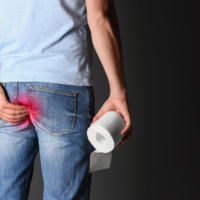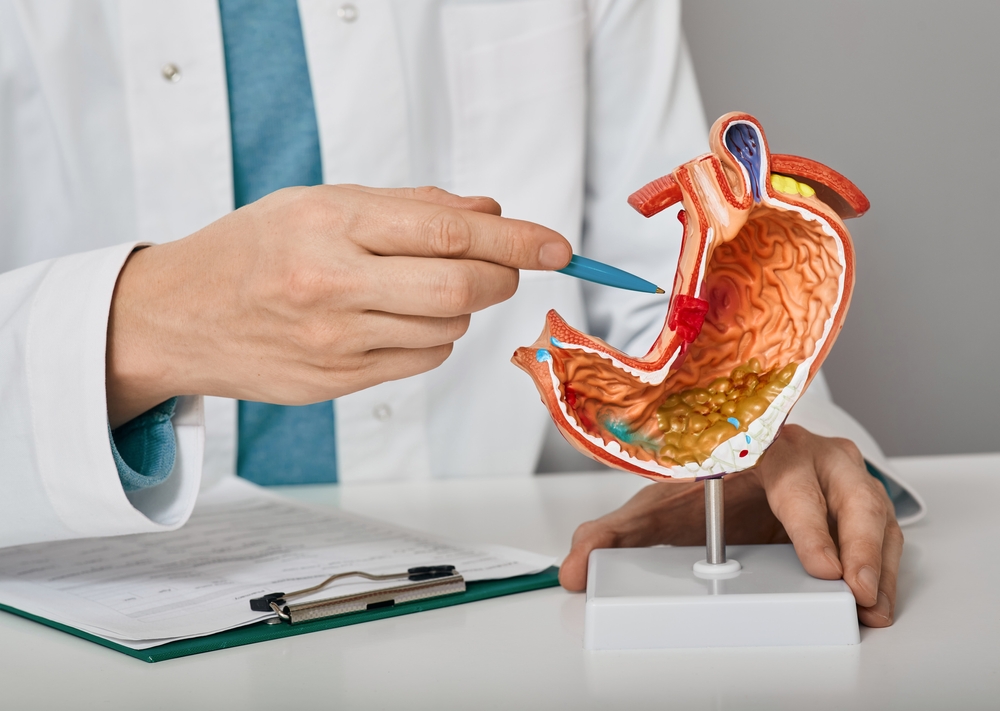What’s next after a positive FOBT result?
Learn more about FOBTs and what you need to get done after receiving a positive FOBT result
What’s next after a positive FOBT result?
Learn more about FOBTs and what you need to get done after receiving a positive FOBT result
To check stool samples for concealed (occult) blood, doctors use the faecal occult blood test (FOBT). Typically, occult blood is passed in such minute volumes that a faecal occult blood test is the only way to detect it.
Occult blood in the stool may be an indication of colon cancer or polyps in the colon or rectum, but is not limited to this possibility, especially since not all tumours and polyps bleed.
The faecal occult blood test cannot tell what is causing the bleeding; it can only detect the presence or absence of blood.
Thus, while a faecal occult blood test may reveal blood, other tests may be required to identify the cause of the bleeding.

To check stool samples for concealed (occult) blood, doctors use the faecal occult blood test (FOBT). Typically, occult blood is passed in such minute volumes that a faecal occult blood test is the only way to detect it.
Occult blood in the stool may be an indication of colon cancer or polyps in the colon or rectum, but is not limited to this possibility, especially since not all tumours and polyps bleed.
The faecal occult blood test cannot tell what is causing the bleeding; it can only detect the presence or absence of blood.
Thus, while a faecal occult blood test may reveal blood, other tests may be required to identify the cause of the bleeding.

Types of FOBT tests

Blood test for occult guaiac faeces (gFOBT)
You normally receive test cards from your doctor for this test, which are used to collect stool samples from various bowel movements.
You will often use an applicator stick to apply a smear of faeces to a particular location of a card after collecting a stool sample from two or three bowel movements, typically taken on consecutive days, in a clean container.
You return the samples to your doctor or the designated lab, either in person or by mail, once they have dried.

Faecal immunochemical blood test (iFOBT, or FIT)
The way you collect a sample of faeces for this test may vary. An FOBT test in Australia normally requires the use of a specific spoon or another utensil to do so and to store it in a collecting container that comes with the test kit.
Subsequently, the collection container is delivered back to your doctor or the designated lab, either in person or by mail.

A tissue or flushable reagent pad
This kit is available without a prescription from a retailer.
When you have a bowel movement, often three days in a row, you place the pad or tissue in the toilet bowl. A positive result means the presence of blood, which will cause the pads to change colour.
After that, you notify your doctor of the changes, typically via a mail-in form.
What to do after your positive result
It is usually advised to get a colonoscopy following a positive FOBT, to check for any irregularities in the colon, and especially to check for bowel cancer.
A colonoscopy is a procedure to examine the interior of your bowels. This test can assist in determining the source of your intestinal issues. A small camera is inserted into your bottom through a long, thin, flexible tube. To have empty bowels for the test, you will be administered a laxative.
During a colonoscopy, you are typically conscious. To help you feel more at ease and have the test go more smoothly, medication will be administered to you.
Your positive result could also be caused by conditions like haemorrhoids or inflammation, so you shouldn’t immediately worry about bowel cancer or other more serious conditions.
What to do after your positive result
The faecal occult blood test, however, has particular risks and restrictions.
Sometimes the test is inaccurate. If your cancer or polyps don’t bleed, your faecal occult blood test could produce a false-negative result when cancer is present.
Though you have bleeding from other sources, such as a stomach ulcer or haemorrhage, your test could result in a false-positive result even if you do not have cancer.

Speak with an experienced gastroenterologist
At Sydney Gut Clinic, our team can advise you with the use of an FOBT test in Australia, having the right knowledge and advice to help you in the case of a positive result.
Schedule a consultation with a specialist today to move forward following a positive FOBT.
Sydney Gut Clinic services are only available to patients in Australia.
